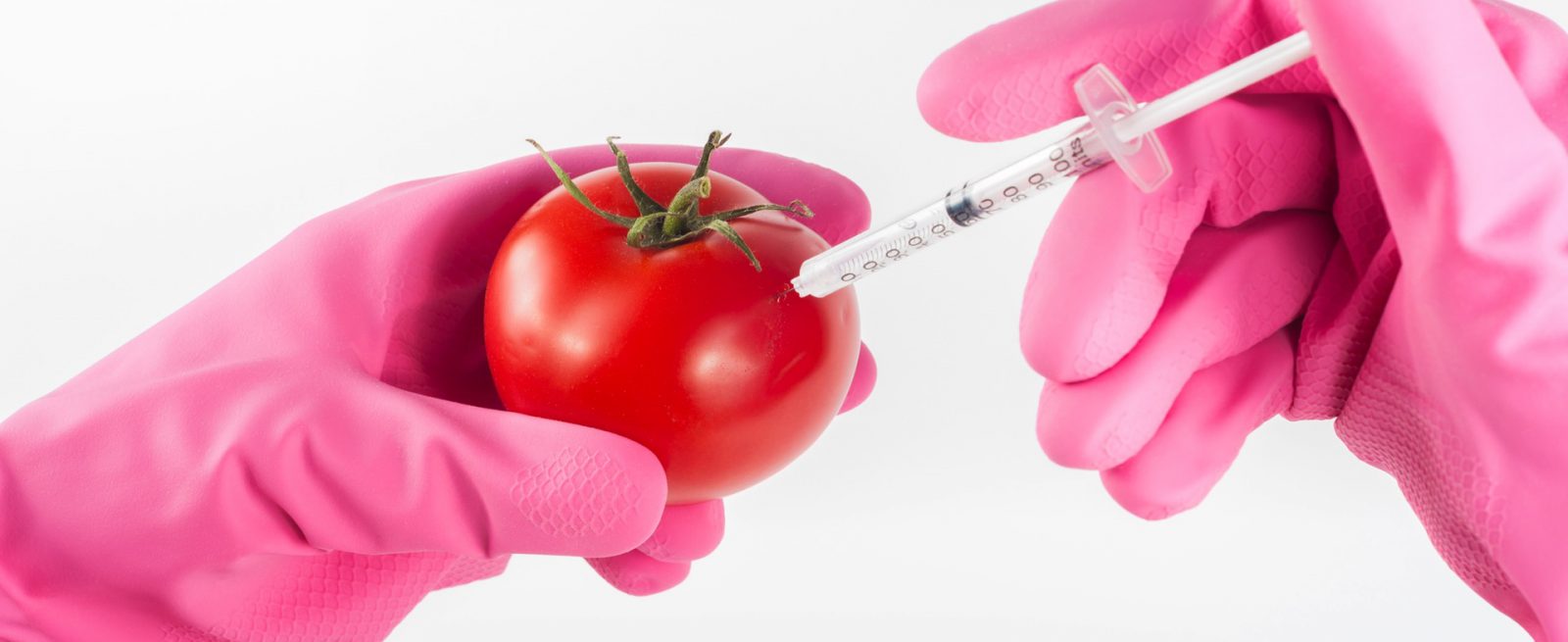DNA Doesn’t Lie: Detecting Food Fraud in the Modern Era
4 Min Read By Dr. Neil Sharma
In a paper published this April, two researchers reported the results of a test they conducted back in 2015. They visited six popular restaurants in Washington D.C. and each ordered a seafood dish. They took small samples of the seafood they received and took them back to their lab for DNA testing to see if what was on the menu was actually the entrée on their plate. In their paper, they reported that one-third of the entrees that they ordered were not the species that they thought they were getting. The seafood that they ordered had been substituted somewhere along the supply chain for another type.
Food fraud can take many forms, from mislabeling (e.g., claiming something is “organic” when it is not) to counterfeit branding. Unfortunately, food fraud is becoming more common, especially in the protein segment, where a cheaper species of meat or fish is passed off as a more expensive one, or product adulterations, where something, typically a cheaper ingredient, is mixed…
Sorry, You've Reached Your Article Limit.
Register for free with our site to get unlimited articles.
Already registered? Sign in!

